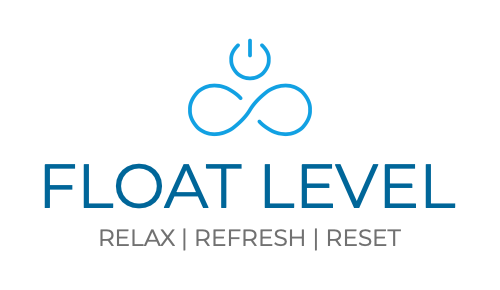Falling Asleep In The Tank… Is it a waste of a session?
/This is a question I get asked on an almost daily basis with a lot of customers feeling as if they must have fallen asleep for the session. Sometimes this can indeed be the case but most times the reality is that you will have spent most of the session in a state of hypnogogia (the state between awake and asleep) where it feels very much like you are dreaming when you have in fact been awake throughout but in a different (i.e. deeper, lower frequency) state of consciousness.
For me, the latter has always been the goal of my floats. I find this deep state on the cusp of sleep to be the most interesting, relaxing and revelatory of experiences in the pod but I have also slept in the tank (normally due to exhaustion or simply an occasional lack of decent sleep!) and also found this to be hugely refreshing and valuable though perhaps without the insights and perspectives gained from remaining awake.
So… is it a bit of a waste then to just fall asleep?
Well… according to a recent study with 60 elite athletes, it turns out that having a cheeky nap while in the pod may actually produce more psychophysiological benefits than remaining awake throughout the session.
Following anecdotal reports and observations concerning the use of floatation tanks as part of elite athlete recovery, this recent study sought to understand these effects more clearly since it has already been proven that psychophysiological stress, coupled with inadequate recovery often experienced by elite athletes can lead to overtraining and under-performance.
So the precise aim of this study was to assess the effect of floating across 16 mood-state variables and perceived muscle soreness following exercise in international level athletes. Additionally, the athletes were to report whether or not they fell asleep during their float and roughly the duration of this period of sleep.
Muscle Soreness
The results showed a significant reduction in pre- to post-float results for muscle soreness (which is to be expected from previous pain-related studies) and interestingly showed that higher pre-float muscle soreness corresponded to greater reductions in muscle soreness post-float so if you’ve really overdone it, the pod is definitely the best place for you!
Mood-State Variables
There were 16 mood-state variables chosen for the pre-and post-float questionnaire:
- Content
- Tired
- Fresh
- Exhausted
- Restless
- Worn-out
- Relaxed
- Highly-activated
- Sleepy
- At ease
- Alert
- Tense
- Happy
- Nervous
- Calm
It was found that 15 of these were significantly enhanced by floating with only “alert” showing a negligible change. The largest effects were seen in the “worn-out”, “tired”, “relaxed”, “at-ease”, “tense” and “fresh” mood-states, which if you’ve floated before should sound familiar!
Nap vs No Nap Results
Having seen that floating had a positive effect on 15 of the mood-state variables tested, it was then deduced that among those who napped in the tank, a further enhancement of certain mood states was apparent with “worn-out”, “at-ease”, “tense”, “fresh” and “exhausted” showing a significant positive difference between nappers and non-nappers. Interestingly, muscles soreness results were the same in both groups so no matter what, you’ll get the physical benefits in the pod. It’s the psychological effects, which appear to differ between nap vs no nap groups although both groups show positive results.
So… the long and the short of it is… Don’t worry whether you fall asleep or not in the pod. There are proven benefits to be had either way and while a sleepy float may not be as mentally interesting, science has now shown that you could feel even better afterwards!
The full study paper can be found here for those of you interested in the science and for those wondering if I just made all this up!

